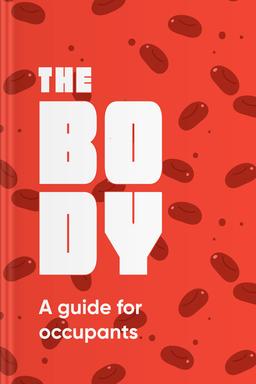What is Falter about?
This thought-provoking book explores the dire consequences of climate change and human activity on the planet. It examines the interplay between technology, economics, and the environment, questioning whether humanity is steering its own course towards disaster. McKibben challenges readers to confront the impending crisis and consider the choices that lie ahead, urging a reevaluation of our relationship with nature before it's too late.
Who should read Falter
- Environmental activists concerned about climate change
- Philosophers exploring human existence and futures
- General readers interested in sustainability and ecology
What is The Three Mothers about?
This compelling narrative explores the powerful influence of the mothers of three iconic figures—Martin Luther King, Jr., Malcolm X, and James Baldwin—on their development and the broader civil rights movement. By revealing their unique stories, the author highlights how these women’s resilience, values, and nurturing shaped not only their sons' legacies but also the course of a nation striving for justice and equality.
Who should read The Three Mothers
- Social justice advocates seeking historical context.
- Readers interested in civil rights leaders' backgrounds.
- Fans of biographies exploring maternal influence on history.
What is Immune about?
This enlightening exploration delves into the human immune system, revealing its complexities in a relatable way. Through engaging storytelling, the author breaks down intricate biological processes and the immune response, illustrating how our bodies fend off diseases. With a blend of science and narrative, the book encourages readers to appreciate the extraordinary defense mechanisms keeping us alive, empowering them with knowledge about health and well-being.
Who should read Immune
- Health enthusiasts seeking to understand immunity
- Students eager to learn about the immune system
- Curious readers interested in biology and science
What is The Body about?
This engaging exploration delves into the intricacies of the human body, blending rich scientific insight with Bryson's trademark humor. It reveals the fascinating functions of our organs and systems, interspersed with historical anecdotes and intriguing facts. From the brain's complexities to the body's resilience, this book invites readers on a captivating journey through anatomy and physiology, making science accessible and entertaining.
Who should read The Body
- Health enthusiasts seeking engaging medical insights.
- Curious readers interested in human anatomy explanations.
- Fans of humorous writing and science exploration.
What is The Immortal Life of Henrietta Lacks about?
This narrative intertwines the life of Henrietta Lacks, an African American woman whose cancer cells were taken without her consent, with the ethical implications of medical research. It explores the profound impact her cells, known as HeLa, had on science and the human lives intertwined in her story, raising important questions about race, ethics, and the intersection of medical advancements with social justice.
Who should read The Immortal Life of Henrietta Lacks
- Bioethics students and professionals
- Readers interested in scientific history
- Fans of compelling personal narratives




